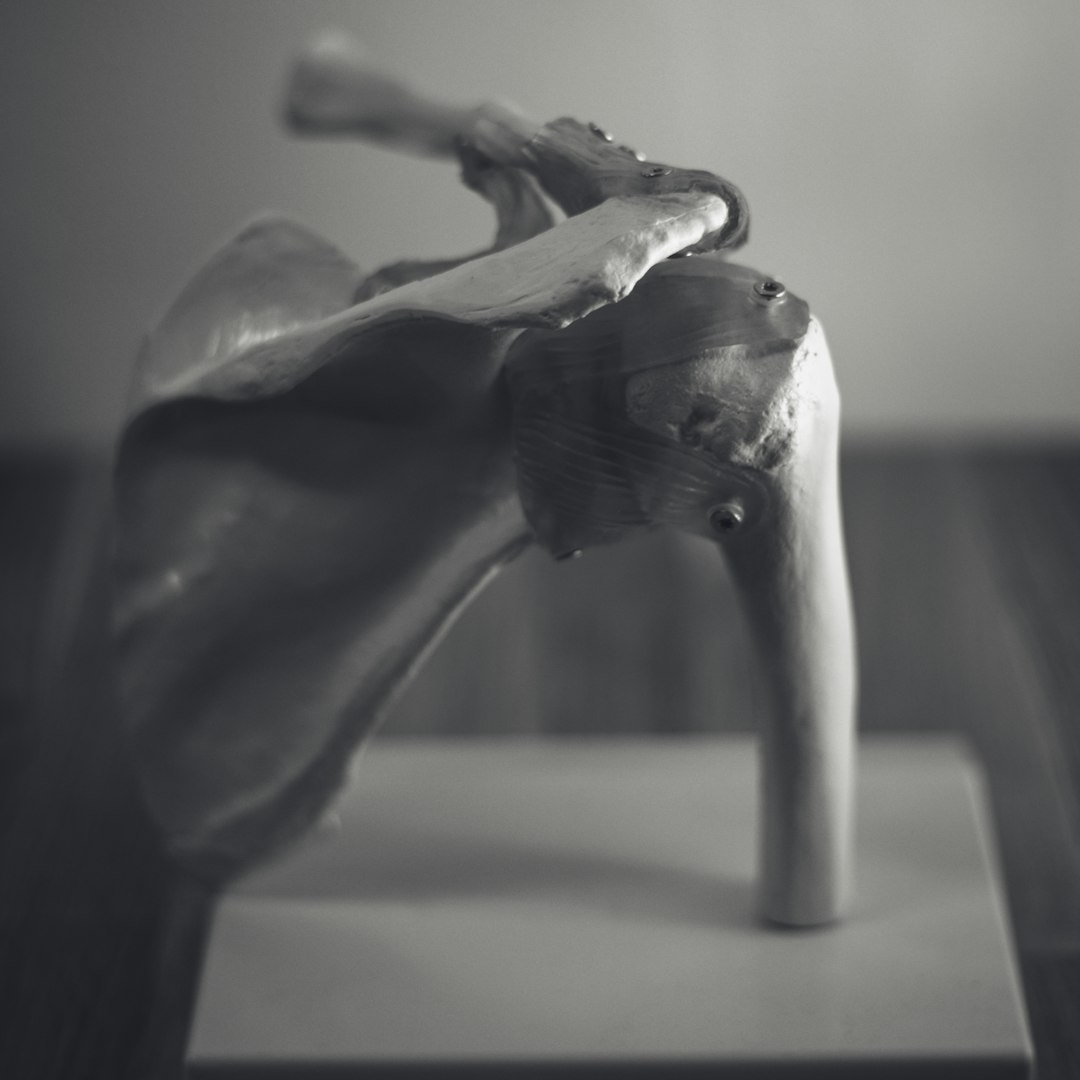
It’s become abundantly clear recently that a lot of people who are in perimenopause are also suffering from frozen shoulder — and really struggling to find help.
And although this condition is increasingly being referred to as a menopause symptom, I’m not at all sure about that. When there are so many possible causes, some of them directly connected to more serious problems down the road, I think calling this a “menopause symptom” – is short-sighted and possibly dangerous.
Frozen shoulder, also known as adhesive capsulitis, is a condition that causes pain, stiffness and immobility in one or both shoulders. Symptoms can develop gradually or come on suddenly. I’ve been hearing about frozen shoulder more and more in recent years; first from the physiotherapists I’ve seen for my own shoulder issues – in 2018 I dislocated both of mine while in puppy pose, an incident I suspect had something to do with perimenopause – as well as anecdotally and through my wor…
Keep reading with a 7-day free trial
Subscribe to Hotflash inc to keep reading this post and get 7 days of free access to the full post archives.



